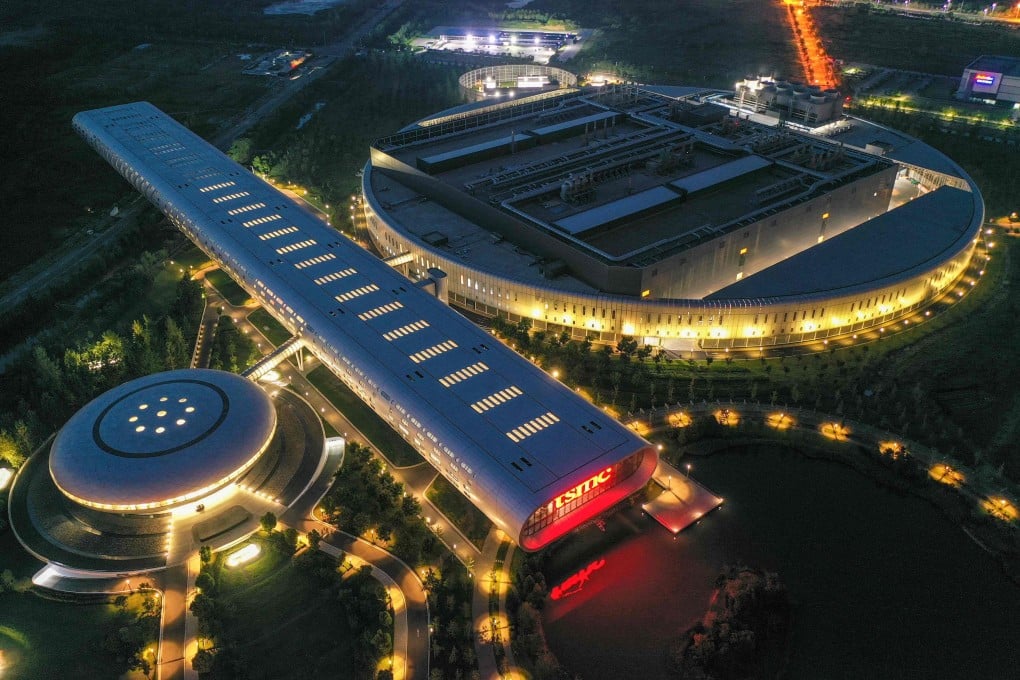Advertisement
Opinion | The US-China chip war will end with small victories and losers all around
- Although Joe Biden’s tech sanctions have set back China’s bid to achieve chip independence, it would not be wise to count the Chinese out
- More likely, the contest for chip supremacy will have no clear-cut winners, while consumers everywhere pay more for less
Reading Time:4 minutes
Why you can trust SCMP
52

I never thought US-China relations could get any worse. Then, in October, the Biden administration pulled the pin from its grenade by announcing sweeping restrictions on the sale of advanced semiconductor technology to China. The aim is to thwart China’s chip-making capabilities and advancements in space, the military and supercomputing.
The fallout will overwhelm any token of goodwill from Joe Biden and Xi Jinping’s meeting at the G20 in Bali. Biden’s tech sanctions are even more severe than his predecessor Donald Trump’s. They not only bar American citizens from working with Chinese semiconductor companies but also forbid foreign companies using embedded American technology to export cutting-edge semiconductors and equipment to China.
The sanctions will certainly hit China hard in the short term. But do they pose a real threat to China’s long-term aspirations to achieve hi-tech independence? Perhaps – though it is just as likely they will backfire on the US.
If history offers any clues, China faces a tough road ahead in gaining prominence for semiconductors. Whether it is joint venture developments or forced technology transfers, China’s success to date has required outside assistance in one form or another.
Huawei, China’s leading multinational, could not have become the largest telecommunications equipment manufacturer without an exodus of scientists from Canada’s Nortel. Thanks to joint ventures with German, Japanese and American auto companies, China today boasts the world’s largest automotive market. The same goes for the consumer electronics, mining and medical technology industries.
What happens when China tries to go it alone? It usually fails. Unable to find a joint venture partner, the state-owned Commercial Aircraft Corporation of China (Comac) has spent 14 years failing to build a Boeing 737-like commercial aircraft.
Advertisement

